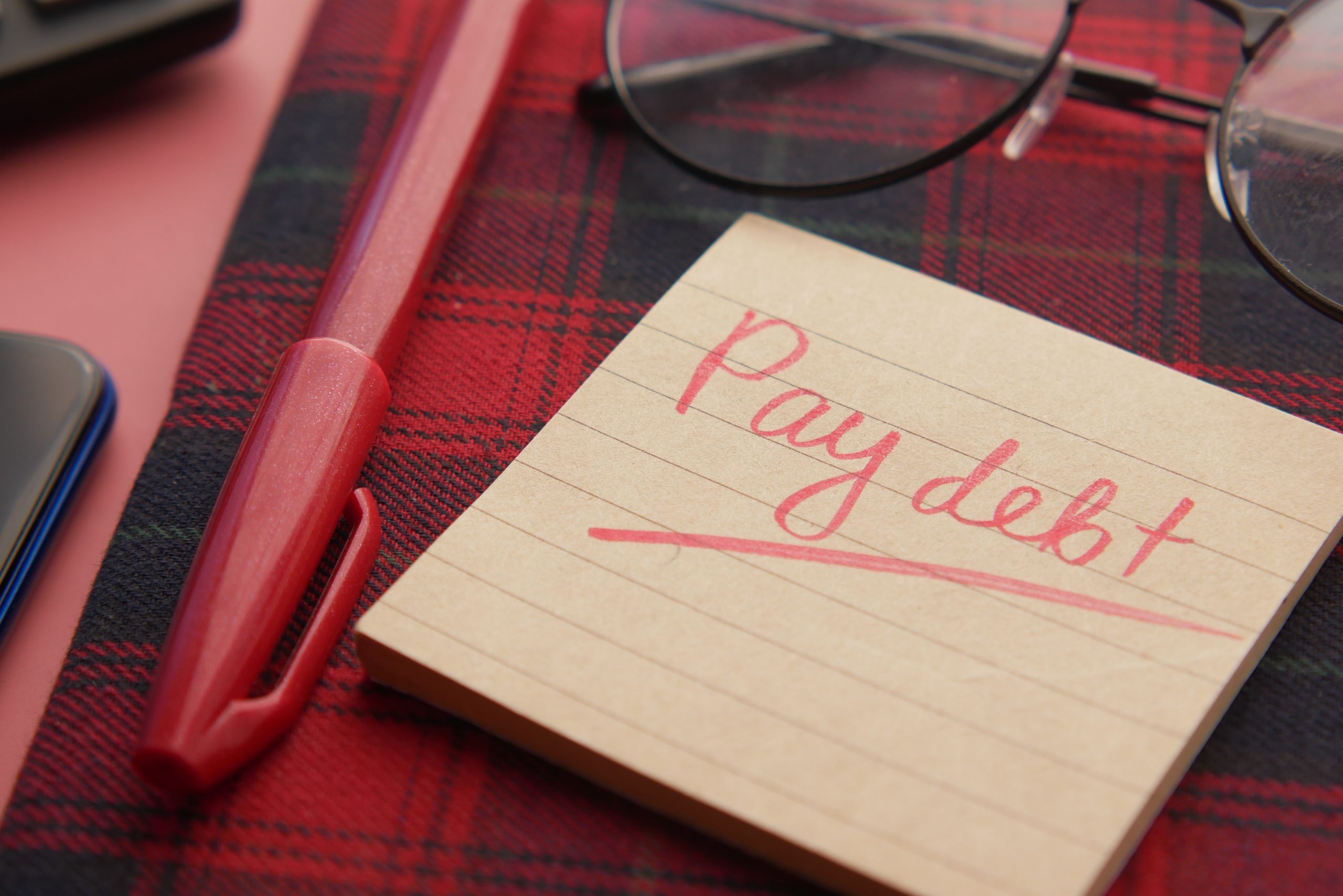When taking out a mortgage, you’ll want to make sure you get the best rate possible – otherwise you’ll find yourself spending far more on interest than you initially planned to.
There are two main things which affect the interest rate that you are offered – your deposit and your credit report.
You should aim to spend at least 6 months building up a great credit report. Of course, we’d recommend credit-score.com as you’re able to see your booster tips which will help you become more creditworthy. The best credit reports get the best rates, so make this a priority.
Putting down a higher deposit will generally get you a better rate. You can take a mortgage out with only a 5% deposit, but the rate you will be offered will be substantially higher than if you put down a 25% deposit. If you’re able to pull together a larger deposit, then it’s worth doing so as you’ll reduce your monthly payments with a lower interest rate.
What's Included?
What is an interest rate?
Interest rates seem complicated but they’re not. It’s simply the cost of borrowing. If you have a 1% rate on a loan of £100 then you pay £1 to borrow the money – so a total of £101 is repayable. If you have a rate of 20% to borrow £100 then you will pay £20 to borrow the money – so a total of is £120 is repayable.
It’s exactly the same when it comes to mortgages – you pay an interest rate based on the amount of money you borrow.
Let’s say that the house you are buying is £300,000 and you put down a 10% deposit (we go into details about deposits later).
- Property price: £300,000
- Deposit: £30,000
- Mortgage: £270,000
You’ll be charged interest on the £270,000 you’ve borrowed. If you get a rate of 1% then this is £2,700. If you have a rate of 5% then this is £13,500.
You don’t need to pay the interest outright – it is divided between the monthly payments that you make to your lender.
Now, the question is – how do you get a good interest rate?
The interest rate that you are offered depends on several different factors. Lenders need to assess how risky you are by using a number of different factors. If you are seen to be quite risky then the cost of borrowing (i.e. your rate) will increase as they see it as less likely that you’ll pay all the money back. Both your credit report and your deposit will affect how risky a potential lender sees you to be and will, therefore, alter the rate they will offer you.
There are two main aspects of your application that will alter the rate that you are offered – your credit report, and your deposit amount.
Your credit report
Your credit report is, quite simply, a report to determine your risk factor. All of the different factors on it are weighted depending on how important they are deemed so for example, if you have a CCJ then it is much more significant to a potential lender than whether you use your credit card to withdraw cash – not all of the factors you find on your credit report are equal.
All lenders have their own weightings here, which is why we reiterate that lenders don’t use your credit score.
On the whole, you should aim to get your credit report into the best shape possible to give yourself the best shot. If you have an excellent credit report, then you’re generally accepted for much better rates and can potentially put a lower deposit down. If your report isn’t as good then you’ll almost certainly be offered a higher rate, and may need to start off with a larger deposit.
How do I improve my credit report?
A credit report is generally quite fluid – this means that you can improve it over time by making changes to your habits or taking small actions. At Credit-Score, we have our ‘score booster’ which gives you a personalised list of actions that you could take to improve your credit report. Examples of this might be to consolidate your credit card debt into a loan, to sign up for the electoral roll, or to remain at your employment for longer.
Every action you take will have an impact on your credit report; sometimes in quite a significant way, for example, a significant negative impact if you were to go bankrupt; and sometimes in a small way, such as withdrawing cash on a credit card. The impact of your actions will change over time – if you missed a payment 6 months ago, it is less significant than if you missed one last month.
The best way to ensure that your credit report is in great shape to get you the best rate is to spend around a year prior to application keeping an eye on your report and ensuring that every action you make has a positive impact. You can do this at credit-score.com free of charge.
Deposit for a mortgage
Your deposit is a down payment on the house. If your deposit is 10% then from the get-go, you own and have fully paid for 10% of the value of the property. Your mortgage covers the rest.
You might hear the term LTV or Loan to Value when referring to your deposit amount. Your loan to value is the percentage of the value of your property that you have taken as a loan. If you have put down a 30% deposit, then your LTV is 70%.
The rate that you are offered by a lender will depend on the LTV. If you put a higher deposit on the property, then you have a lower LTV. A lender is more likely to give you a lower rate on this loan as you’re borrowing less money which means there’s less of a risk to the bank or building society.
In terms of the amount that you should put down – go for as high as you are able to pull together. The minimum deposit currently required to buy a property is 5%, but the offers you get aren’t generally very good. Somewhere between 10% – 20% will fetch you a much better deal, hitting a sweet spot at 25%.
For the best deals on the market, you are looking at a deposit of around 40% or more – the rates you are offered with this type of deposit will be much better. Try to reach up to the next bracket if you’re able to – so if you’ve saved 5%, see how easily you can get it up to 10% in order to save you money in the long run.
In conclusion
Both your deposit and your credit report will make an impact on the rate you are offered by mortgage providers, so make sure you’ve considered both of these when you start to prepare for a mortgage.
You can get credit ready with Credit-Score for free at Credit-Score.com. We’ll be launching mortgages on the site soon too, so you’ll be able to search and apply for mortgages.
Credit-Score offers two fabulous solutions
If you’re preparing to take a mortgage, never apply until you’ve tried our unique and FREE Credit-Score Home app. Our smart technology will tell you what you need to fix so you avoid rejection. The app predicts when you will be able to buy, for how much and tracks your month-by-month progress to mortgage success. We’ve even added your own mortgage broker, so you get the best deals available.
More focused on your credit rating? Well, get started for free with Credit-Score’s 24- Factor Credit Check to truly help you improve your creditworthiness and how lenders view you. (Remember: lenders don’t use your credit score! We’ll show you what lenders look for and how to get your credit report in the best shape possible).
Last updated by Robert Edwards, June 2022






